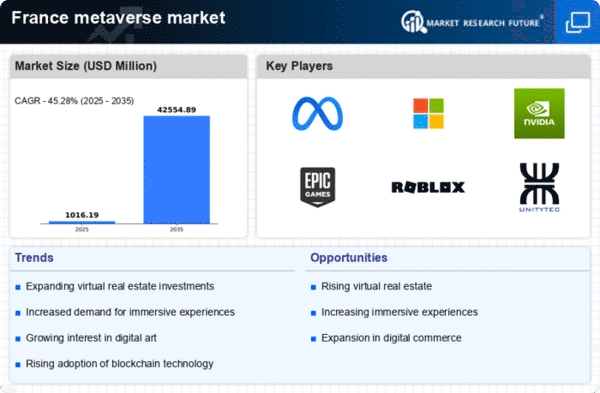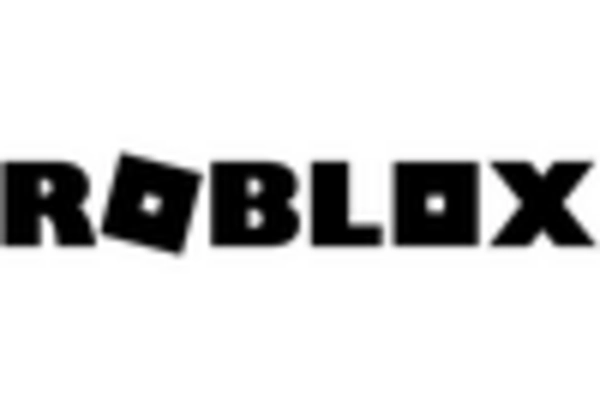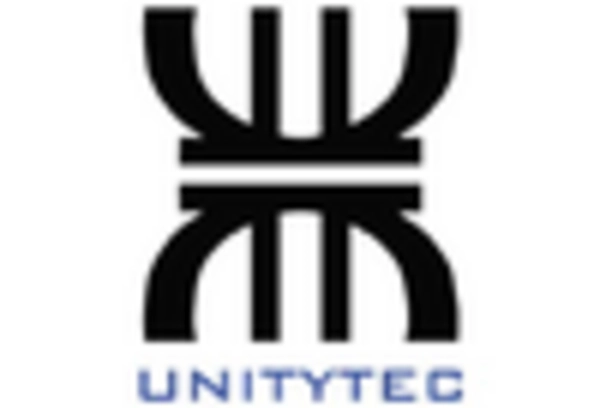Evolving Digital Economies
The metaverse market in France is witnessing the emergence of new digital economies, driven by the proliferation of virtual goods and services. As of November 2025, the market for virtual assets is estimated to reach €5 billion, reflecting a growing acceptance of digital currencies and NFTs (non-fungible tokens). This evolution is reshaping traditional economic models, as users increasingly engage in buying, selling, and trading virtual items. The rise of these digital economies presents opportunities for entrepreneurs and businesses to explore innovative revenue streams. Furthermore, the integration of blockchain technology within the metaverse market enhances security and transparency, fostering trust among users. This trend suggests a potential shift in how economic transactions are conducted, with implications for both consumers and businesses alike.
Increased Consumer Engagement
Consumer engagement within the metaverse market in France is on the rise, as users seek more interactive and immersive experiences. This trend is evidenced by a reported 40% increase in user participation in virtual events and activities over the past year. Brands are recognizing the potential of the metaverse as a platform for marketing and customer interaction, leading to innovative campaigns that leverage virtual environments. The ability to create unique experiences that resonate with consumers is becoming a key differentiator for businesses. As engagement levels rise, companies are likely to invest more in the metaverse market, further enhancing the ecosystem and attracting a broader audience. This shift indicates a growing recognition of the metaverse as a viable channel for brand loyalty and customer retention.
Government Support and Regulation
Government initiatives in France are playing a crucial role in shaping the metaverse market. Regulatory frameworks are being developed to address the unique challenges posed by virtual environments, including data privacy and digital rights. As of November 2025, the French government has allocated €200 million to support the development of digital infrastructure and innovation in the metaverse. This funding is likely to encourage startups and established companies to explore new opportunities within the metaverse market. Additionally, government support may enhance public trust in virtual platforms, facilitating broader adoption among consumers. The proactive approach taken by regulatory bodies indicates a recognition of the metaverse's potential economic impact, suggesting a collaborative effort to foster a sustainable and secure digital ecosystem.
Technological Advancements in VR and AR
The metaverse market in France is experiencing a surge due to rapid technological advancements in virtual reality (VR) and augmented reality (AR). These innovations enhance user experiences, making virtual environments more immersive and interactive. As of 2025, the VR and AR sectors are projected to grow by approximately 30% annually, driven by increased consumer demand for engaging digital experiences. This growth is likely to attract significant investments, further propelling the metaverse market. Companies are increasingly integrating VR and AR technologies into their offerings, creating new opportunities for businesses to engage with consumers in innovative ways. The convergence of these technologies with artificial intelligence (AI) also suggests a transformative impact on the metaverse market, enabling personalized experiences that cater to individual preferences.
Cultural Shifts Towards Digital Interaction
Cultural shifts in France are influencing the metaverse market, as more individuals embrace digital interaction as a primary means of communication and socialization. This trend is reflected in a 25% increase in the use of virtual platforms for social gatherings and events over the past year. The growing acceptance of digital avatars and virtual identities is reshaping social norms, leading to a more interconnected society. As these cultural changes take root, businesses are likely to adapt their strategies to align with consumer preferences for virtual engagement. This shift may also encourage the development of new social platforms within the metaverse market, fostering community building and collaboration. The evolving cultural landscape suggests that the metaverse will play an increasingly central role in everyday life, influencing how individuals connect and interact.
















